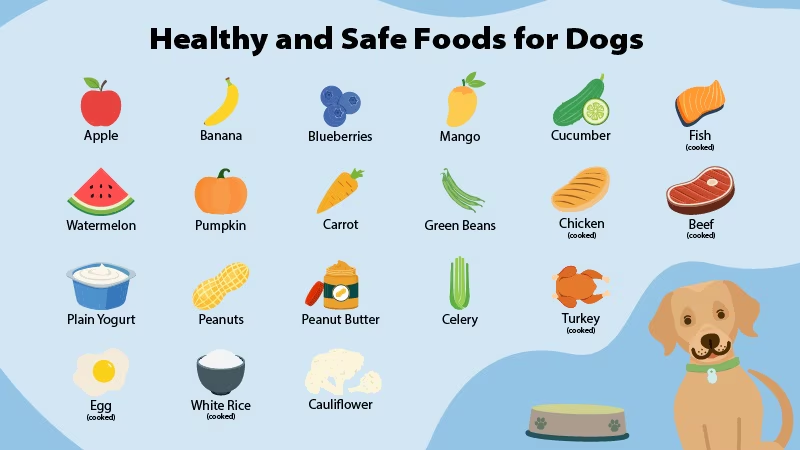Feeding Fido: Nutrition Tips for Every Life Stage
Ensuring your dog receives the appropriate nutrition at each stage of life is crucial for their overall health and well-being. From the rapid growth of puppies to the more sedentary lifestyle of senior dogs, their dietary needs evolve. Here’s a comprehensive guide to feeding your dog at every life stage.
🐾 Puppyhood (0–12 Months)
Puppies are in a critical growth phase, requiring a diet rich in nutrients to support their development.
- High-Quality Protein: Essential for muscle growth and tissue development.
- Balanced Calcium and Phosphorus: Vital for bone development; however, excessive amounts can lead to skeletal issues, especially in large breeds.
- Omega Fatty Acids: Support brain development and vision.
- Frequent Meals: Feed puppies three to four times a day to meet their high energy needs.
Tip: Choose a high-quality puppy food labeled “complete and balanced” by AAFCO to ensure all nutritional needs are met.
🐕 Adulthood (1–7 Years)
Adult dogs have more stable nutritional requirements, but these can vary based on size, breed, and activity level.
- Moderate Protein Levels: To maintain muscle mass and overall health.
- Controlled Fat Intake: Adjust based on activity level to maintain a healthy weight.
- Vitamins and Minerals: Ensure a balance to support immune function and overall health.
- Caloric Needs: Active dogs may require more calories, while less active dogs need fewer to prevent obesity.
Tip: Regularly monitor your dog’s weight and adjust food portions accordingly. Consult your veterinarian for personalized dietary recommendations.
🐶 Senior Years (7+ Years)
As dogs age, their metabolism slows, and they may develop health issues that require dietary adjustments.
- High-Quality Protein: To maintain muscle mass and support organ function.
- Joint Support: Ingredients like glucosamine and chondroitin can help maintain joint health.
- Reduced Calories: To prevent obesity, as older dogs are less active.
- Increased Fiber: Aids in digestion and helps manage weight.
- Antioxidants: Support immune function and combat oxidative stress.
Tip: Consult your veterinarian about transitioning to a senior-formulated diet and consider supplements to support joint and cognitive health.
General Feeding Tips for All Life Stages
- Fresh Water: Always provide access to clean, fresh water.
- Avoid Harmful Foods: Steer clear of chocolate, grapes, raisins, onions, garlic, and bones.
- Regular Vet Check-ups: Ensure your dog receives regular health screenings to detect any dietary-related issues early.
- Quality Ingredients: Choose dog foods with high-quality ingredients and avoid fillers like corn and soy.
By understanding and catering to your dog’s nutritional needs at each life stage, you can help ensure they live a long, healthy, and happy life. Always consult with your veterinarian before making significant changes to your dog’s diet to ensure the best care possible.



